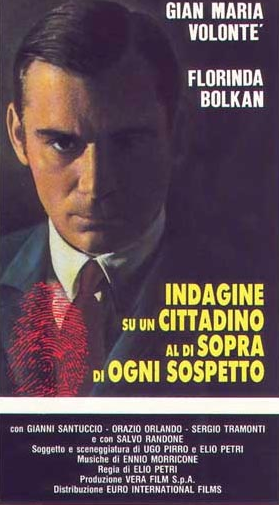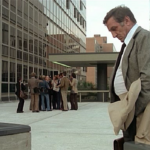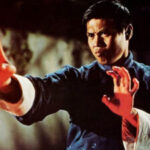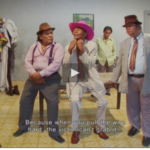October 3, 2024 Movies
This is certainly the most political movie in Italian cinema.
Investigation of a citizen above suspicion (1970)

“Investigation of a Citizen Above Suspicion” is certainly the most politicized film of Italian cinema, certainly the most historically and socially relevant film of the 1970s.
Everyone remembers the plot of the film, in which the head of Rome’s homicide squad, the extraordinary Gian Maria Volonté, kills his lover on the day of his appointment.
Perhaps the woman, a sensual, voluptuous and passionate Florinda Bolkan, was having another affair, but the real motive for the murder lies in the fact that the policeman, by leaving several compromising clues, wants to prove that power (the police, the political class) is unable and unwilling to incriminate a man like him, who belongs precisely to power.
Elio Petri‘s film, released in 1970, received a traumatic reception, to say the least, from many policemen, who, after receiving the appropriate advice, rushed to see the film in the first days of its showing.
The result was an immediate complaint to Milan’s deputy public prosecutor, Caizzi, who did not consider taking action.
From that moment on, the resonance of the political message, which was decidedly critical of the systems used by the police against student demonstrations in those years, propelled the film to excellent box office results.
Regardless of how one wants to see it, the film has an enormous testimonial value; anyone who sees it today is able to realize what the climate of those years was like, with Sixty-Eight still hot and the years of new student struggles and, above all, terrorism just around the corner.
A special mention, however, goes to Gian Maria Volonté, who gave an extraordinary performance as the head of the homicide squad, certainly one of the most sincere, studied and profound in the entire history of Italian cinema.
It is also thanks to his movements, his voice, the way he relates to his collaborators and his gestures that the movie gains credibility, proposing its political message with due conviction and without any ambiguity.












